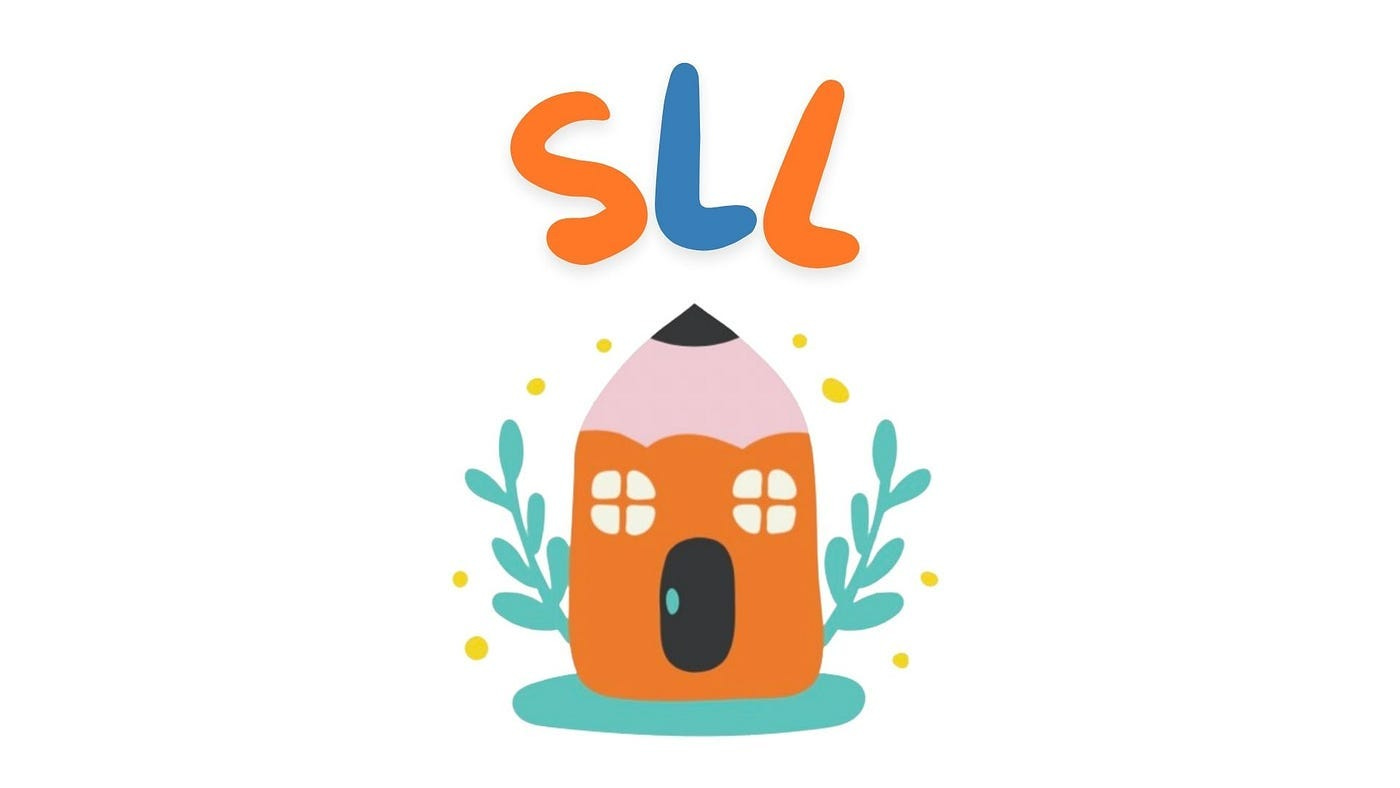Reading books is one of the best things you can do for yourself.
They teach and inspire us. Their ideas can change the world. They make us better people. I have many books that changed my life. They are the main reason I’m writing and studying for a PhD.
3 years ago I got obsessed with reading.
I read one book per week. I felt awesome—pure knowledge. But then I realized I wasn’t learning from books. I prioritized quantity over quality. Worse, I didn’t remember what I’d read from those books.
This was embarrassing.
So I changed my strategy and did this instead.
How To Stop "Forgetting" With A Second Brain
In the last post, I told you your brain is a forgetting machine.
1. The Dark Side of Reading Too Many Books
The brutal truth is that our brain is a forgetting machine.
You learned this in my last posts. Contrary to popular opinion, humans are pretty bad at remembering. Our brain does not work like a camera that takes pictures and stores memories as photographs that we can easily recall later.
Our brain remembers well what it thinks is relevant to survive.
It remembers the whole picture and its context.
Sadly, this does not include reading books. This explains why you forget what you read or study after a short time. It is not that you are dumb. Our brains are simply forgetting machines.
Reading too much has one major downside: we forget almost everything about its content.
For example, I remember reading science and economics books weekly. I felt super productive. But after a month, I realized I couldn’t remember almost anything about it. I felt like I wasted my time.
And I did.
Reading alone too much is (almost) useless if you do so to learn something new.
2. How I Used To Read
In 2020 I read that Bill Gates reads 52 books a year.
This is an average of a book per week. “Insane,” I thought. So I decided to replicate his strategy. The results were astonishing. I felt super productive. I read about science, economics, and science fiction.
By the end of the year, I read 60 books.
Many were about economics, as I wanted to understand the economic situation of my home country, Argentina. But it was then that I realized the brutal truth. I didn’t learn what I’ve read.
I got fooled by the illusion of learning!
The main reason I read those books was to learn, and I didn’t. I forgot almost everything. This was embarrassing.
I didn’t panic though. I changed my strategy.
This is how I approach reading now.
3. How I Read Now
I read less but take notes of everything.
I stopped reading the entire book, as sometimes there is information I already studied. For example, when reading a new book about the neuroscience of consciousness, I skip the first chapters as I already know the philosophical background.
I organize and take all my notes in Obsidian.
I organize knowledge in a second brain.
This extended and digital brain allows me to retrieve information more easily and faster. So, instead of reading many books a week, I read less but make sure I don’t forget their content.
My biological brain will forget, but not my second (extended) one.
Stop reading books without taking notes and practicing retrieval.
Some final notes:
Reading too much is not completely useless. It can boost your reading speed and fluency, which is super helpful.
Reading too much is useless if you do so to learn something new.
If you want to learn its content, take notes and practice retrieval or interrogative elaboration.
More about effective learning strategies here.
Summary
Our brains are forgetting machines.
We need to accept we are bad at remembering information.
Reading can fool you into believing you learned something when you didn’t.
Reading too many books is useless if you want to learn something new.
A second brain can help you retrieve information.
Capture ideas and information in a single place (i.e., Notion or Obsidian).
Some Questions For You
What do you do to not forget what you read?
Have you ever thought about the downside of reading too much?
Ultra-learning saved my career.
It helped me learn anything without overstudying or overworking. But remember, each person has a different life. Perhaps you work full-time and also study. Or maybe you have a family, etc.
Be reasonable and don’t fall into toxic productivity.
Here are some last recommendations:
Don’t compare yourself with others. Take your time.
This is not a competition. This is about you. Make it fun and healthy.
Please take care of yourself. That’s the most important thing!
Now it is your turn.
What are you going to learn next?
Until the next time,
Axel








I'm wondering if your process is the same for nonfiction books as it is for fiction? Are you taking notes and using retrieval practice on themes/plots of novels you feel tell an important truth? Or do you tend to let fiction be something more leisurely?
Thanks for your post, Axel. I think you make some good points here and I love your thirst of knowledge. I've given up on remembering everything from books, not because it's impossible, but simply because authors of non-fiction have 1 or 2 good points they are trying to make. My approach has been to understand these points without getting too bogged down in the details. Of course, I enjoy the details and the story at the moment, but I don't get too stressed trying to recall and learn everything. I love to discuss what I read with others; that also deepens the experience and recall. I'll have to check out Obsidian though, I love learning about new tools!